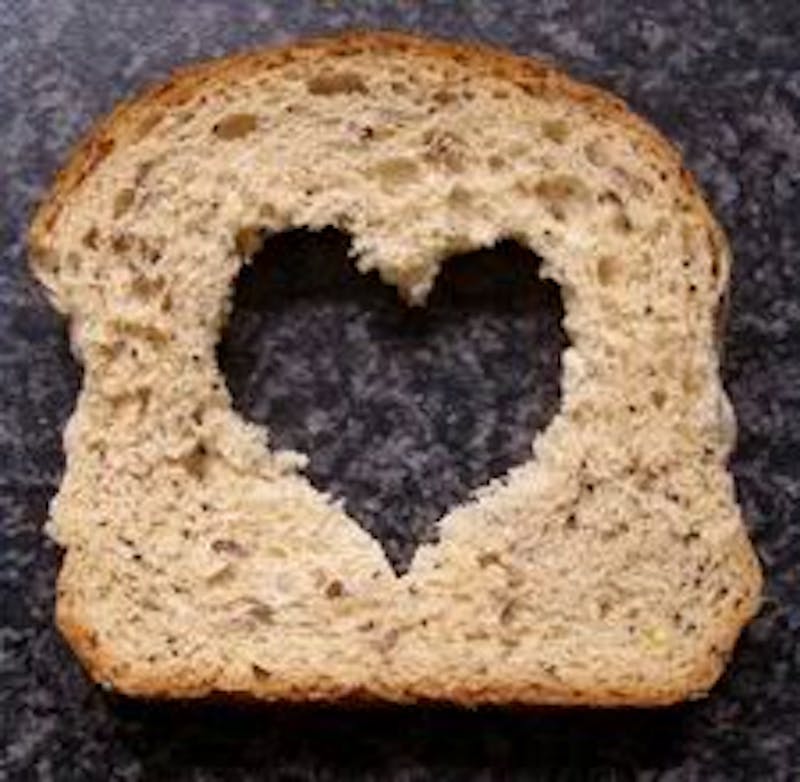
In the 1990s, fat was the black sheep of the nutrition family. Once the early 2000s rolled around, fat was given some slack (although not too much) and the blame for all things evil was put on carbohydrates. Everyone jumped on the low-carbohydrate diet bandwagon and began to see some weight loss results, but along with these results also came a lot of lasting misunderstandings. Well we’re here to clear up those misconceptions and get down to the nitty gritty of what carbohydrates are and whether they should have a place in your diet.
What Exactly are Carbohydrates?
When people hear the word carbohydrates, they automatically have visions of bagels, muffins, and buttery toast dancing in their heads, but that’s not the full story. While it’s true that those foods contain a lot of carbohydrates, they’re not the only ones. Carbohydrates are also found in healthier options like fruits, vegetables, and dairy products. The term “carbohydrate” can actually encompass everything from refined sugar to applesauce to carrots.
Carbohydrates are one of three macronutrients that supply you with calories. On a chemical level, a carbohydrate is a unit of sugar. It can be a single sugar – called a monosaccharide; a double sugar – called a disaccharide; or a string of a bunch of sugars linked together – called a polysaccharide.
What Do Carbohydrates Do For You?
The major function of carbohydrates in the body is to provide you with energy. While it’s true that you can get energy from the other macronutrients – protein and fat – your brain and your muscles prefer to run on the glucose they get from carbohydrates.
Should You Eat Carbohydrates?
The short answer to this is yes. Carbohydrates are not the enemy. It’s the foods that seem to be the highest in carbohydrates that tend to contribute to weight gain; and that’s why carbohydrates themselves get a bad rap. What you want to do is avoid foods that pack a huge carbohydrate load without offering much else in terms of nutrition – like the aforementioned bagels, crackers, cookies, muffins, toast, and croissants.
Good Carbs Versus Bad Carbs
We don’t really like to assign foods into a “good carb” or “bad carb” category because a food is not just a carbohydrate. What you need to do is pay attention to the package you’re getting. Is your food full of carbohydrates and sugar, but contains little vitamins and minerals? Skip it. Is your food full of carbohydrates, like fiber, but also packs a wallop in the nutrition department – offering essential vitamins, minerals, and enzymes (like an apple, for instance)? Enjoy.
Carbohydrate-Rich Foods to Eat:
- Fruits
- Vegetables
- Low-Fat Dairy Products
- Whole grains, like oats and 100% whole wheat bread
Carbohydrate-Rich Foods to Avoid:
- Desserts
- Sugar (soda)
- Refined grains like white bread (bagels and muffins fall into this category), white rice, and white pasta

